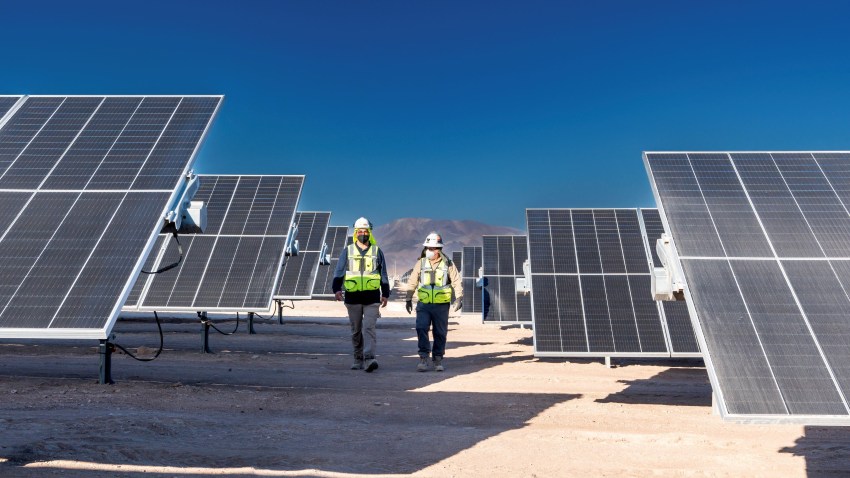In the global discussion of post-COVID development recovery, and amid the growing international and domestic demands for a transition to renewable energy sources, there is a disconnect between the Global North and the Global South, with troubling implications for the understanding and nature of international development.
The developed North has created the mantra of “build back better,” to emphasize a sustainable “green” economic recovery that would help lower greenhouse gas emissions and create so-called green jobs, like manufacturing solar panels, extracting lithium and generating hydrogen energy. But many developing economies are still in the process of trying to build a formal economy, complete with on-the-books jobs that come with benefits like pensions and unemployment insurance. An estimated 20 to 80 percent of the workforce in the Global South is employed informally, meaning without contracts or on a needs basis, such as domestic workers, service workers and street vendors. The rush to create green economies now risks leaving them behind unless there are specific, targeted efforts in education and job training—policies and talking points often left out of this new “green rush.”
The focus on the green jobs of the future fails to take into account the issue of informal employment and the structural inequalities that create and sustain the informal sector. For instance, the World Bank recently hailed the potential of green jobs for employment generation in Latin America, noting findings from a 2020 study that suggest that a decarbonization-focused recovery could generate 15 million formal jobs in Latin America alone, “while also reducing pressure on natural systems that must be conserved, including forest and water resources.” However positive this sounds, this doesn’t explain how the creation of these new green jobs will address the greatest challenge to inequality and labor stability in the Global South.

